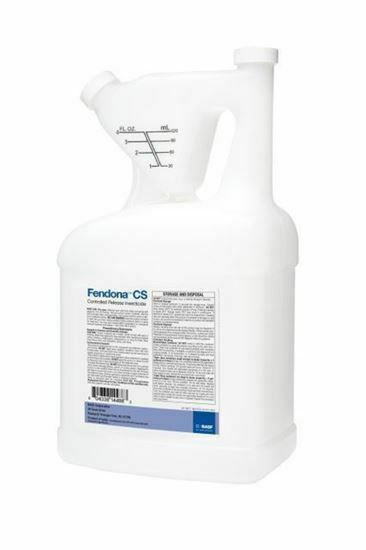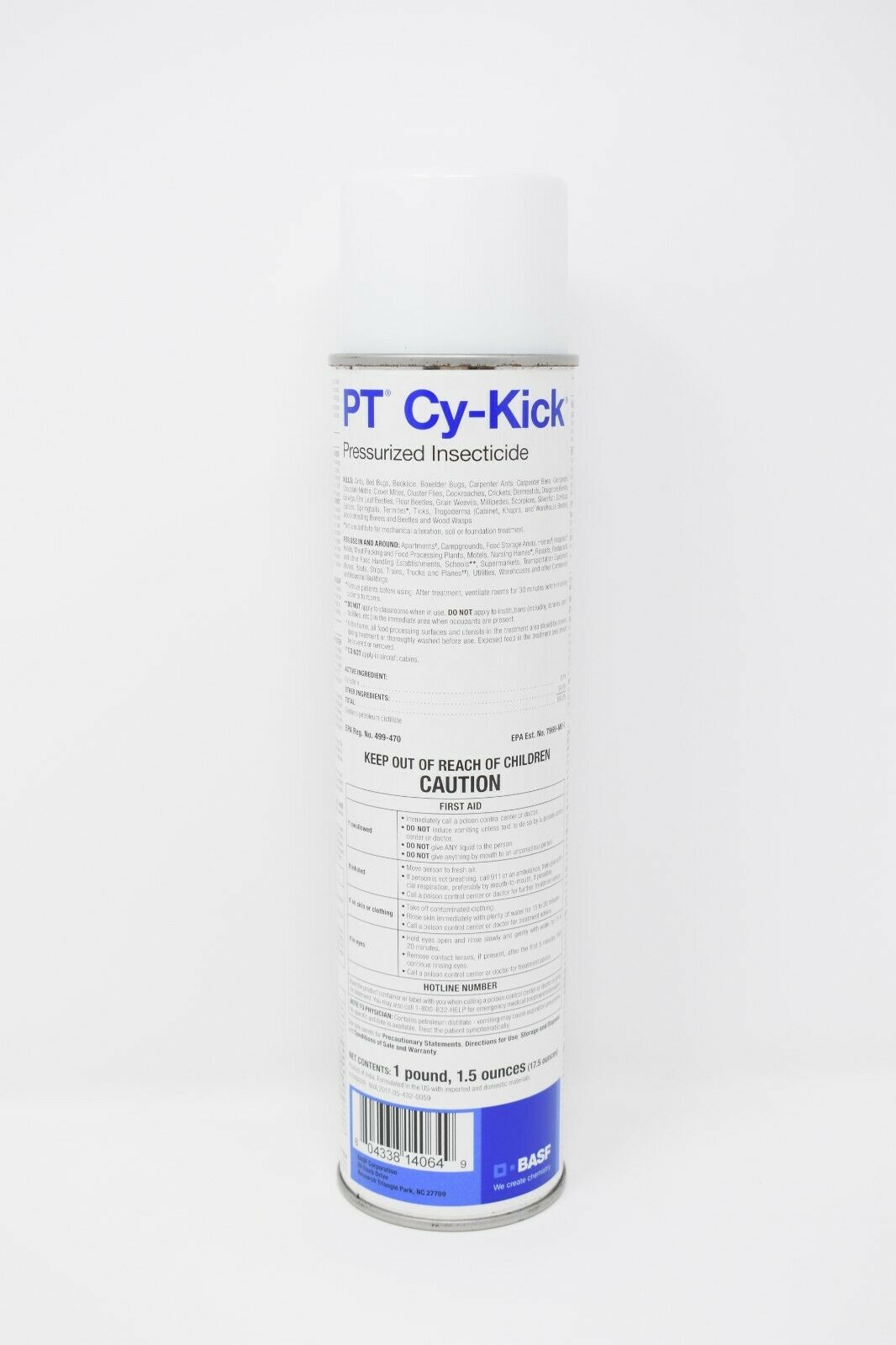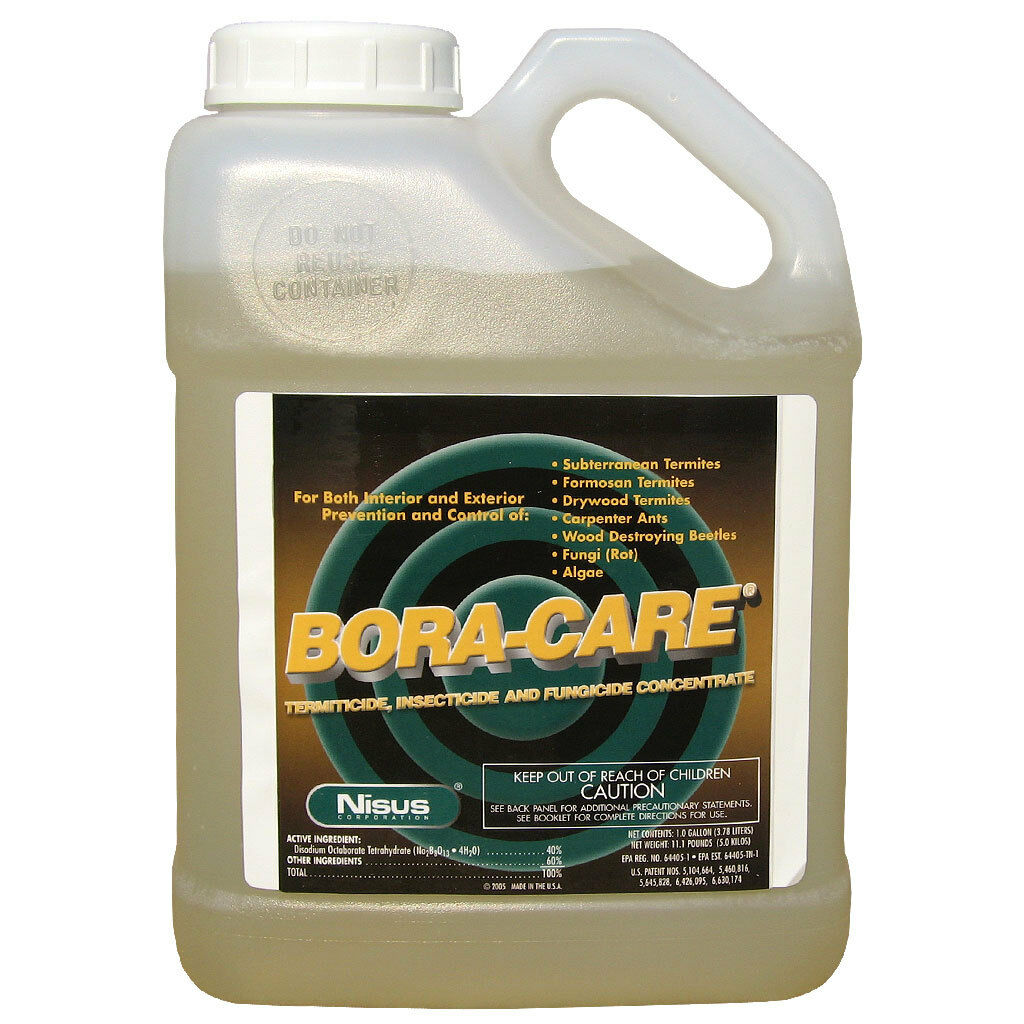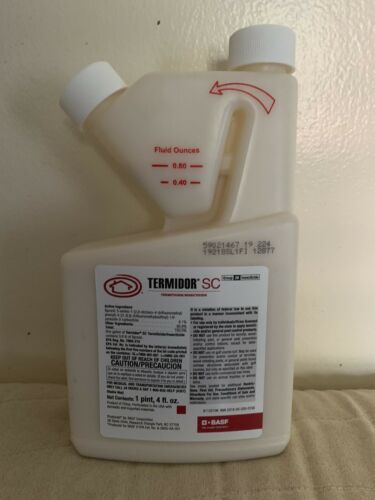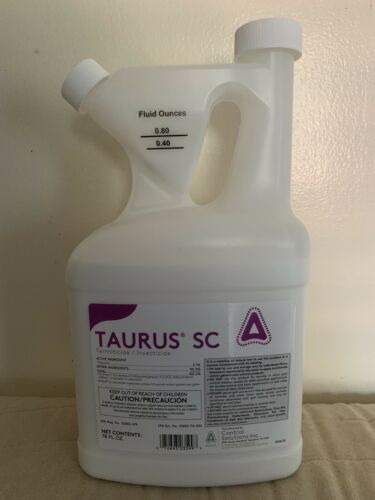-40%
NEEM OIL Concentrate Organic Pests Control-Insecticide Fungicide-Makes upto 32oz
$ 2.57
- Description
- Size Guide
Description
NEEM OIL EXTRACT Concentrate Organic Pests Control - Insecticide FungicideMakes upto 32oz (1 quarter)
Save Money. Less Waste. Use concentrate. Go Green!
Neem based organic insecticide for the control of a broad range of chewing and sucking insects including: caterpillars, curl grubs, grasshoppers (wingless), aphids, mites, lawn armyworm, citrus leafminer, whitefly and fungus gnats in soil.
Made from extracts of the neem tree (Azadirachtin A & B) and mixed with baking soda to enhance pest control and plants protection.
We use this formula to control pests in our organic garden and now we are making it available for you to use.
The 20ml vial has a highly concentrate solution of pure Neem Oil and Baking Soda
Neem Oil benefits
Very effective against aphids, scales and other soft body insects:
Mites
Leaf hoppers
White flies
Caterpillars
Mites
Mealybugs
Thrips
You can use neem oil to prevent or even kill fungus on your plants
Black spot
Scab
Rust
Leaf spot
Anthracnose
Tip blight
Has stomach and contact activity
Safe for pets, birds, lizards and beneficial insects including bees.
To enhance plants protection we have added baking soda (1 teaspoon per vial): Spraying baking soda on the leaves makes the surface become less acidic and limits the ability of fungal spores to grow.
How to use this product:
The 20ml will allow you to create 1 quarter of general-purpose neem oil spray.
Shake the vial and mix it with water to complete a quarter bottle.
Pour the mixture into a spray bottle and it is ready to use.
The concentrate may be strong for some plants. Always try with a few leaves and see if the solution is not too strong (you can always add water for your sensitive plants)
Caution:
When used with outdoors plants: Neem oil should not be applied when temperature is beyond 90 degrees. Please apply early in the morning so that leaves are dry before temperature outside is too high.
Avoid using around ponds and in aquaponics as it can be harmful to fish




